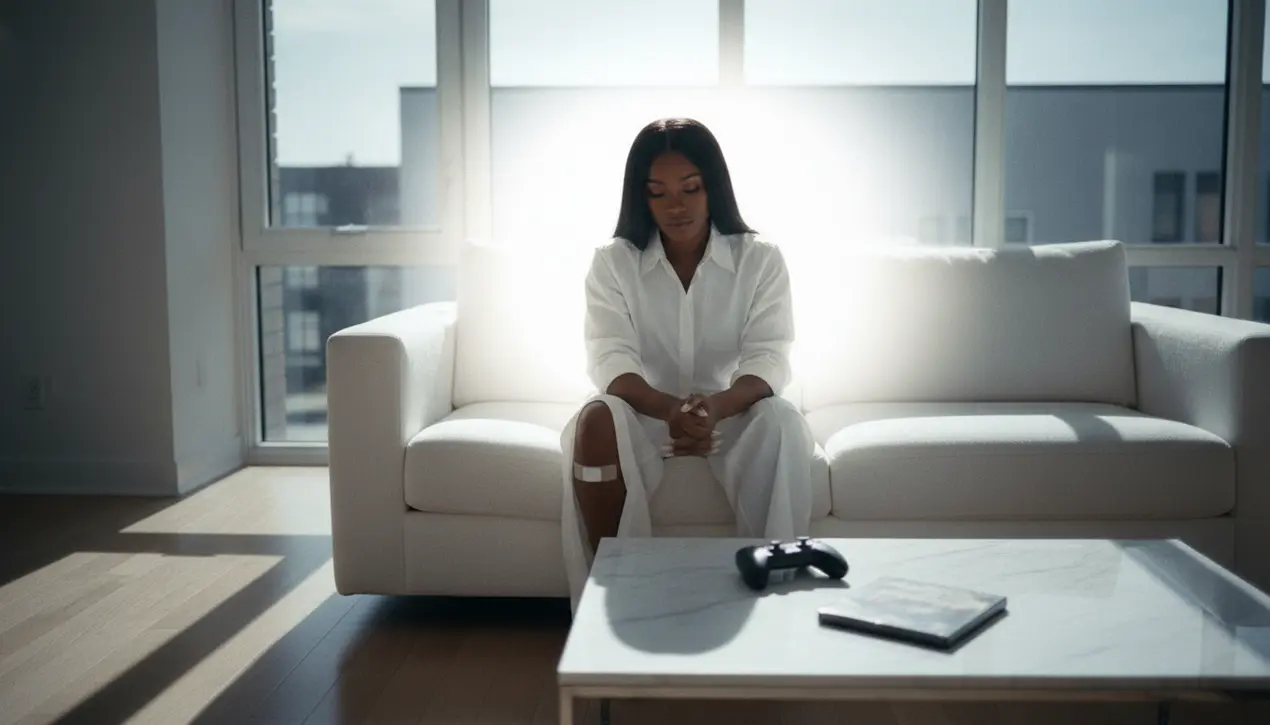
EntertainmentgamingGame Development
Megan Thee Stallion turned down Call of Duty collab after shooting.
JE
Jessica Stone
9 hours ago7 min read4 comments
In a revelation that hits with the stark clarity of a personal boundary finally drawn, Megan Thee Stallion reportedly turned down a major collaboration with the Call of Duty franchise after learning a crucial, and for her, deeply unsettling detail: she would have been a shootable character in the game. This isn't just another celebrity deal falling through; it's a powerful statement from an artist whose life was irrevocably altered by gun violence, a decision that reverberates through the often tone-deaf intersection of pop culture and gaming.For those who've followed Megan's harrowing journey since the 2020 shooting incident involving Tory Lanez, the reasoning is painfully obvious and speaks to a level of personal trauma that corporate marketing strategies frequently ignore. Imagine the cognitive dissonance: being asked to digitally embody a character that players are encouraged to virtually eliminate, all while you are still navigating the very real, physical and psychological aftermath of being shot.It’s a level of insensitivity that feels almost cinematic in its cruelty, a plot point you’d side-eye in a Netflix drama. The gaming world, particularly the blockbuster-first titans like Activision, has become obsessed with these celebrity crossovers, dropping Nicki Minaj, Snoop Dogg, and 21 Savage into the battlefield as playable operators to generate hype and mainstream buzz.But Megan's refusal flips the script entirely, forcing a necessary conversation about the ethics of these partnerships and whether brand managers are doing even the bare minimum of due diligence on the lived experiences of the artists they're courting. This is more than a business decision; it's an act of profound self-preservation.Megan Thee Stallion has spent years reclaiming her narrative, transforming from a victim in the headlines to a powerhouse performer who commands stages at Coachella and Glastonbury, all while enduring a vicious public discourse that often sought to diminish her trauma. To then be asked to commodify the very instrument of that trauma for a video game skin is a bridge too far, a reminder that for Black women in the spotlight, their pain is often seen as a negotiable asset rather than a sacred, protected part of their humanity.The move has been met with overwhelming support from her Hotties and beyond, with many praising her for prioritizing her mental health and integrity over a lucrative paycheck. It sets a new precedent, one that hopefully will make gaming studios pause and consider the full context of an artist's life before sliding into their DMs with a contract. In the end, Megan’s ‘no’ is louder and more resonant than any in-game gunshot could ever be—a masterclass in setting boundaries and a stark reminder that some things, like personal peace, simply aren't for sale.
#Megan Thee Stallion
#Call of Duty
#Tory Lanez
#shooting
#video games
#collaboration
#featured
Stay Informed. Act Smarter.
Get weekly highlights, major headlines, and expert insights — then put your knowledge to work in our live prediction markets.
Related News
Comments
Loading comments...
© 2025 Outpoll Service LTD. All rights reserved.